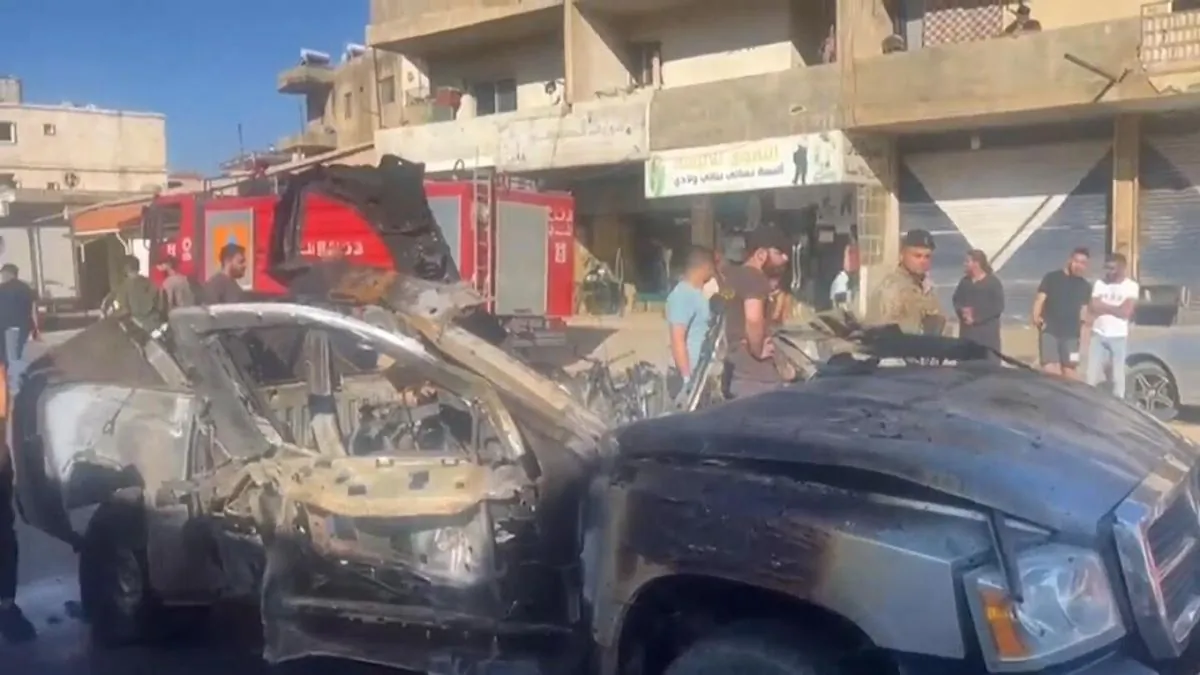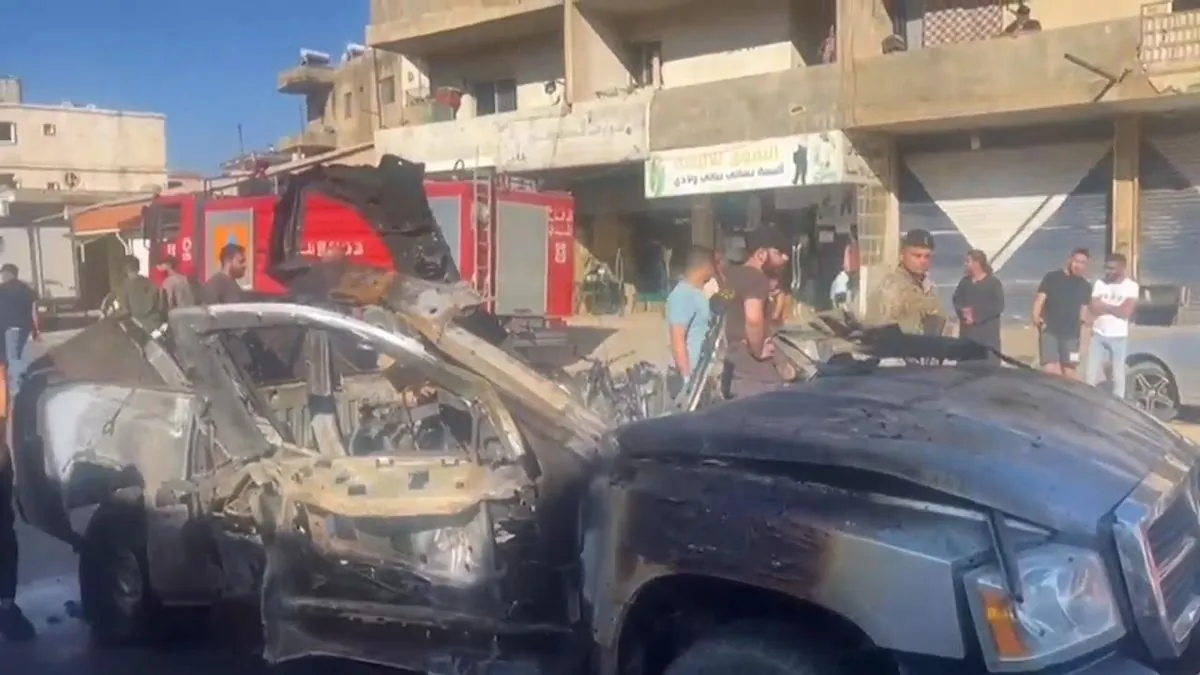Israel's Covert War: Targeting Hamas in Lebanon Amid Regional Tensions
Israel intensifies assassinations of Palestinian militants in Lebanon, reshaping Hamas-Hezbollah dynamics. The campaign, obscured by ongoing conflicts, raises concerns about regional stability and militant group recruitment.

In recent months, Israel has intensified its covert operations against Palestinian militants in Lebanon, particularly targeting Hamas operatives. This campaign, occurring alongside the ongoing conflict between Israel and Hezbollah, has largely remained under the radar but is significantly impacting regional dynamics.
The Israeli Defense Forces (IDF) claim these strikes are aimed at individuals involved in planning attacks against Israel, either independently or in collaboration with Hezbollah. This assertion highlights the extensive reach of Israeli intelligence operations in Lebanon, which have been bolstered since the 2006 Lebanon War.

One notable incident occurred in Sidon, Lebanon's third-largest city, where Hamas operative Nidal Hleihel narrowly escaped an Israeli missile strike. This attack is part of a broader pattern targeting mid-level Hamas members involved in finance and logistics.
"All Palestinian factions in Lebanon should be aware that at any moment, anyone could be assassinated."
The assassination campaign has had far-reaching consequences. Experts suggest it is pushing Hamas closer to Hezbollah, Lebanon's dominant military and political force. This alignment is significant given the groups' divergent ideological roots - Hamas being Sunni and Hezbollah Shiite - despite their shared opposition to Israel and support from Iran.
Lebanon hosts an estimated 250,000 Palestinian refugees, many living in camps that have become recruitment grounds for militant groups. The largest of these, Ein El Hilweh, has been the site of several assassinations. The refugee population faces significant restrictions, including bans on citizenship, land ownership, and voting, contributing to ongoing socio-economic challenges.
The Israeli strikes have targeted various Palestinian factions. In January 2024, a strike in Beirut killed Saleh Arouri, a senior Hamas political figure. Another attack in Sidon eliminated Khalil al-Maqdah, associated with Fatah's armed wing, who advocated for inter-group cooperation.
While these assassinations represent a small fraction of the casualties in the broader Israel-Hezbollah conflict, they signal Israel's willingness to pursue targets across borders. This strategy, however, may have unintended consequences. Analysts warn that it could ultimately backfire, potentially increasing Hamas's legitimacy and recruitment capabilities among Palestinians in Lebanon.
As the situation evolves, the interplay between Israeli operations, Palestinian militant groups, and Lebanese internal dynamics continues to shape the complex geopolitical landscape of the region. The long-term implications of this covert war within a war remain to be seen, but its impact on regional stability and the future of militant organizations in Lebanon is undeniable.


































